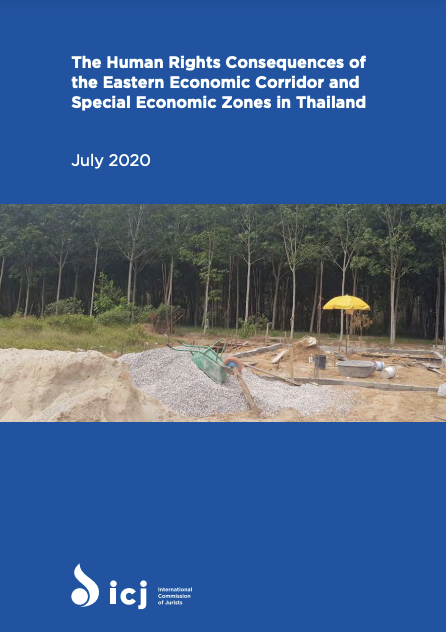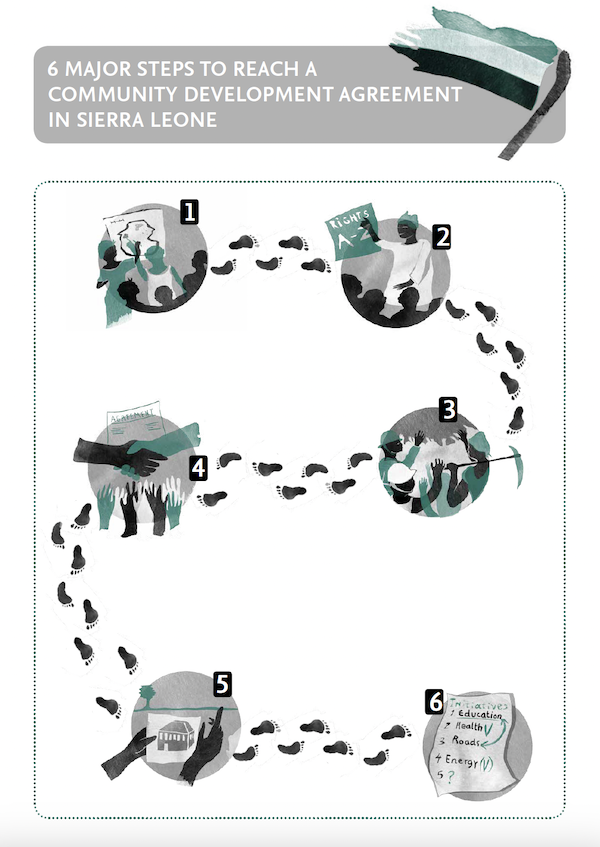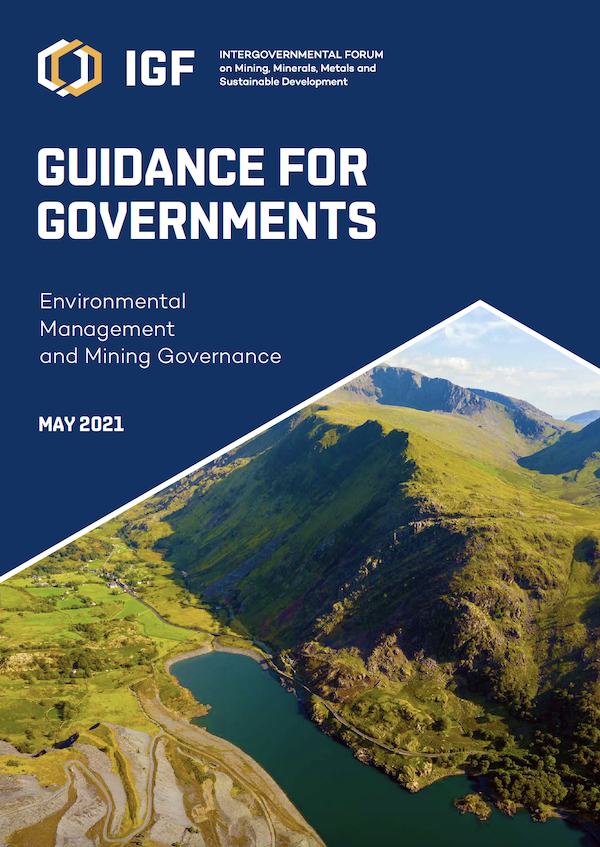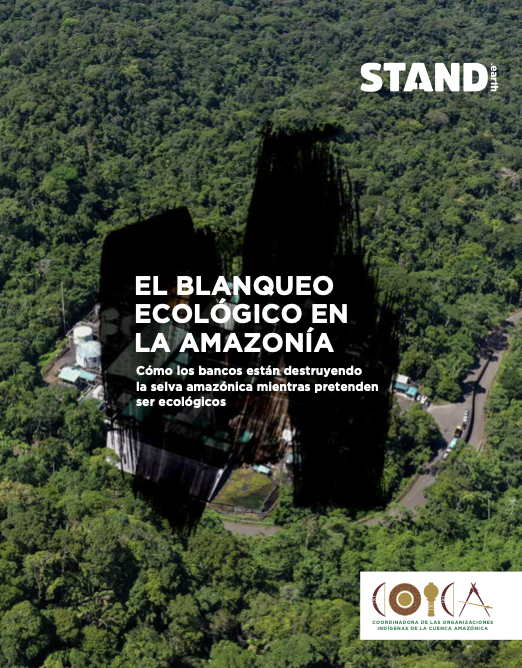Gendered health impacts of industrial gold mining in northwestern Tanzania: perceptions of local communities
Mining projects affect the health of surrounding communities by inducing environmental, economic, social and cultural changes in different population groups. Health impact assessment (HIA) offers an opportunity to manage these impacts. This paper aims to explore gender differences of impacts on the wider determinants of health as described by communities impacted by industrial gold mining and consider the implications for impact assessment. We conducted 24 gender-separated, participatory focus group discussions at three study sites in northwestern Tanzania.







